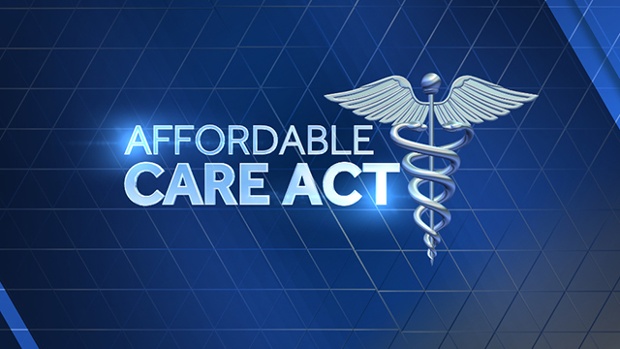The Personal Impact of the Affordable Care Act
Open enrollment for 2015 for Covered California closes on February 15th.
Open enrollment is the one-time during the year when most Californians who need insurance cannot be denied by a health plan and when millions can get subsidized health insurance for the upcoming year.
All individuals not covered by an employer sponsored health plan, Medicaid, Medicare, other public insurance program (such as Tricare), or meeting an exemption from coverage must acquire an approved private-insurance policy or pay a shared responsibility payment. If you do not have coverage or meet one of the exemptions, you will pay this payment. The fine for 2015 is either a) 2 percent of your total income or b) fines for each member of your household ($325/adult, $162.50/child, or $975/total household), whichever is greater.
Individuals who have limited income may enroll in Medi-Cal at any time.
Health care impacts 2014 income tax returns
Most people already have qualifying health care coverage and will only need to check a box to indicate that they satisfy the individual shared responsibility provision when they file their tax returns in early 2015.
However, an important Affordable Care Act tax provision for individuals and families is the premium tax credit. Further, […]



